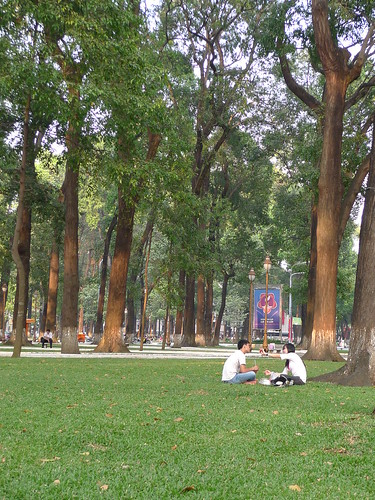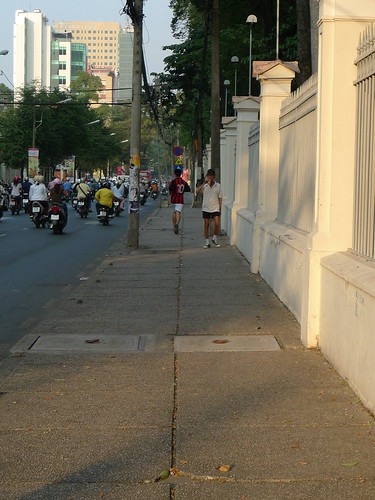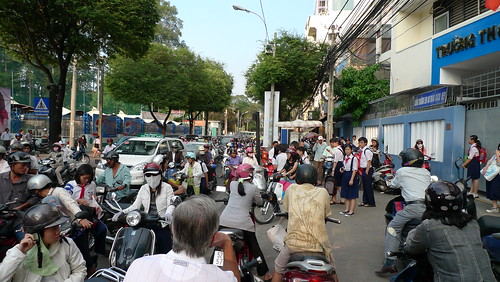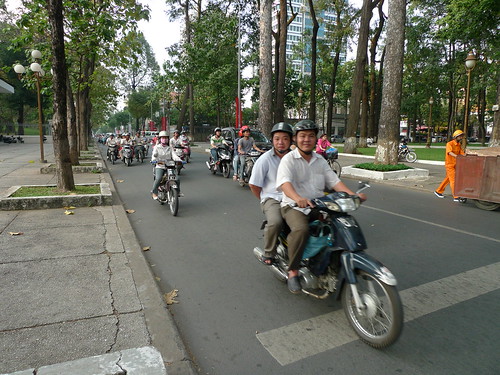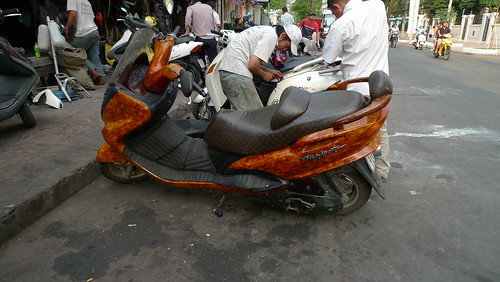I'm sitting in a session discussing unpaid leave right now. The idea is to make unpaid leave more acceptable as an option for businesses that are feeling the pinch. It's the exact same argument as the four-day week - less pay --> more to go around --> fewer redundancies --> lesser social impact.
A problem is starting to emerge. Like the four-day week, it's being presented as a no-loss option. Employers get to reduce their labour costs and keep going, while employees get to keep their jobs and have time off for "leisure" or training. At a cost of 20% of their pay. Ahem.
This assumes that government isn't going to step up and subsidise the fifth day. This is being discussed right now. The speaker is talking about it pretty seriously, specifying how it'll be limited to certain businesses. He's going into an awful lot of detail about the mechanisms of the scheme. It seems like a lot for the government to stump up, but then again, if the alternative is that these people go on the dole, maybe the numbers will add up.
I don't have anything against the four-day week or similar proposals. It's probably better than the alternative of layoffs. But everyone seems to be in "sales" mode at the moment - and ignoring the intensely ugly scenarios that could come out of it.
The most obvious is that employers will pressure employees into taking it. If it's subsidised, that's not so bad, but if it's not, it's asking employees to take a 20% pay cut.
The employees who are under the most financial stress will also be the ones most resistant to it. If you're barely making ends meet, you can't take a 20% pay cut. But as jobs become more scarce, their alternatives dry up. They'll get mushed between taking a pay cut they can't afford and losing a job they can't replace.
And because they're most resistant to "flexible arrangements", that'll make them most problematic for employers. Stuck between a rock and a hard place with a target painted on their forehead is a shitty place to be.
Of course, if the alternative is that the business goes bust, leaving them and their workmates jobless, then maybe this is the less shitty of two evils.
--
Prominent right-winger says, that now is "obviously" not the time to be adding climate change-related costs to the economy. Gets shot down by the chair.
--
Please use the discussion thread from the previous post.

